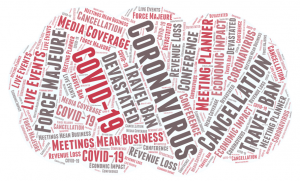 From military missions to public safety applications to infrastructure inspections, drones have many applications across government. While the technology is ready for all of these applications (and more), there are complex regulatory and legal issues that are holding up their widespread use. These issues include airspace regulations (for the safety of manned and unmanned flights), privacy concerns (related to on-board cameras), and cybersecurity concerns.
From military missions to public safety applications to infrastructure inspections, drones have many applications across government. While the technology is ready for all of these applications (and more), there are complex regulatory and legal issues that are holding up their widespread use. These issues include airspace regulations (for the safety of manned and unmanned flights), privacy concerns (related to on-board cameras), and cybersecurity concerns.
While these issues are being discussed in the courts and across regulatory bodies, state and federal level agencies are taking steps to integrate drone usage into their processes. For federal agencies, drones are available on the GSA Schedule. State and local organizations are piloting a drone-as-a-service model that allows groups to use drones for specific-use cases without having to invest in the purchase and maintenance of the hardware.
There are a number of upcoming events that address both the technology and the policies that impact current and future drone usage. Continue reading




 From time to time GovEvents will come across information we feel our members and audience would benefit from. Here's something we wanted to share:
From time to time GovEvents will come across information we feel our members and audience would benefit from. Here's something we wanted to share:
